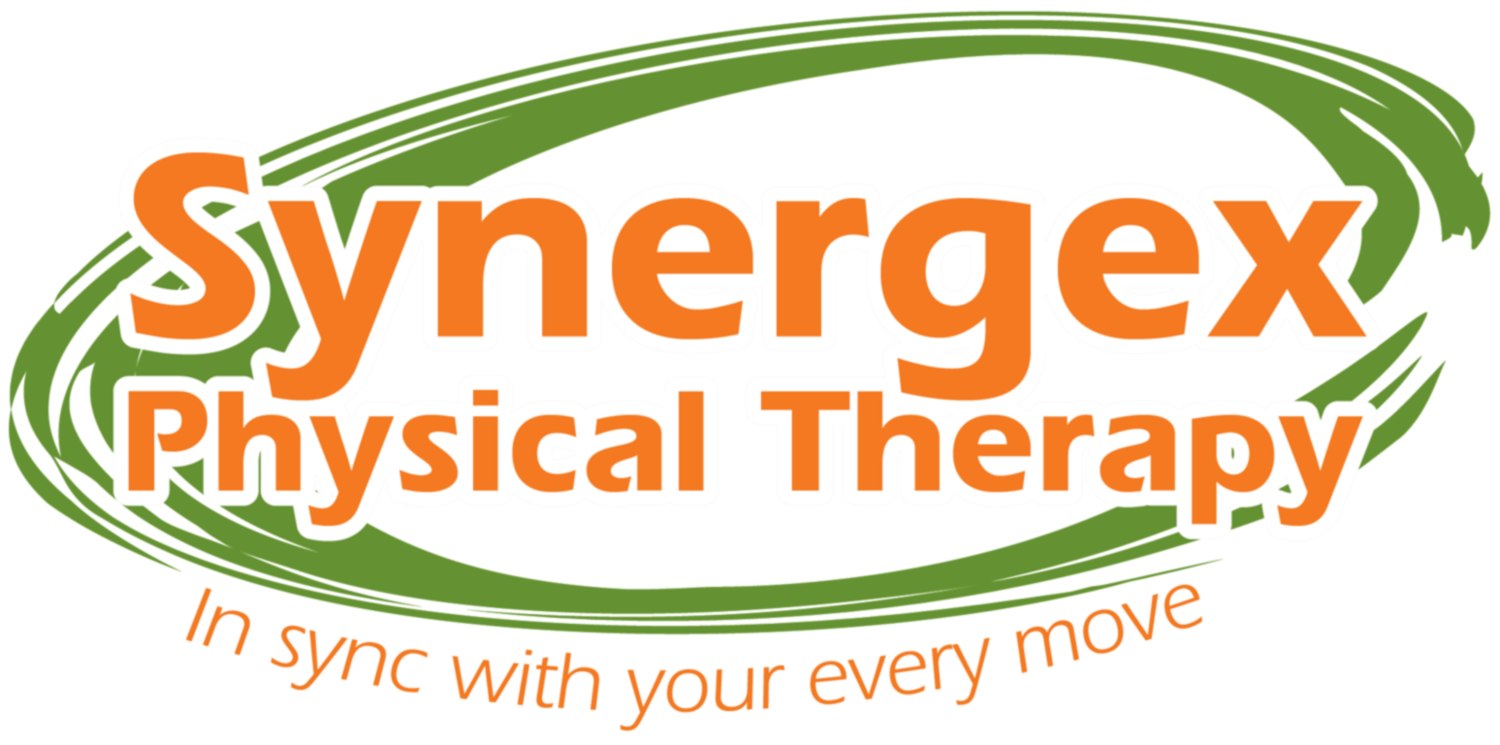In the first few years of life- babies and toddlers pee or poop without much thought or inhibition. As the body gets frail towards the end of life, the same pattern may re-emerge. However, in between these two stages, we develop control over this very critical bodily function- toileting. If someone experiences leaking he or she often feels like “the only one”- an outlier. It can undermine one's confidence and dignity at some point.
The truth is that 25 to 30% of adults 25-55 years old have experienced bowel and bladder problems at some time. Increasing age can worsen an existing problem or can often times bring new symptoms due to medications, hormones or other medical conditions. 10-15% of children 8-16 years old have night time wetting problems and 3-5 % have bowel dysfunction. Incontinence is twice as common in women than in men. Early identification and treatment can improve quality of life to a great extent.
Urinary incontinence affects 25 million adults in the United States. The most common type of urinary incontinence is stress incontinence- leakage with laughing,coughing, sneezing, running and jumping. Many women experience it after child birth and if not addressed can continue to worsen. Physical Therapy can be the first line of treatment which can often times alleviate the symptoms. Although commonly experienced after having a baby, women can also experience it without bearing children, due to impactful athletic activities.
Urge incontinence- when a person gets a sense of a strong need to pass urine and may leak before reaching the bathroom. Sudden increase in frequency can be indicative of a urinary tract infection even without other symptoms. However,once other medical conditions are ruled out, Physical Therapy can be extremely helpful in addressing this condition.
Many people experience a combination of the above two problems- mixed incontinence. This can occur in women of all age groups and incidence increases among menopausal women. Neurological conditions and spinal cord injury can also result in incontinence.
Fecal incontinence is also an issue experienced after certain surgeries or trauma to the pelvic floor- specifically the anal sphicter. We can discuss this in another blog.
Knowledge is power. Understanding your body and the mechanisms leading to these issues can be immensely helpful in gaining control over your bladder and your life, as a result. Your Physical Therapist will play a very pivotal role in empowering you with fitness, nutrition and therapuetic activities to facilitate this journey.
Talking about your problem with your healthcare provider-Internist, Nurse practitioner, Gynecologist, Physical therapist, Urologist or Urogynecologist) and just not keeping it a secret anymore might be your first big step in this process. A Physical therapist who has undergone special training in Pelvic floor rehabilitation, will be among the healthcare professionals involved in your care. Based on your medical history, diagnostic testing, active listening during the session and physical examination, your PT will outline a treatment plan specifically for you. There could be manual techniques involved as well. Physical Therapy to address incontinence is much much more beyond Kegel's exercises.
Stay active, hydrated, minimize foods that can irritate the bladder wall like caffeine, wine, milk products, artificial sweeteners, citric fruits, avoid constipation and foremost- stay in tune with your body.

